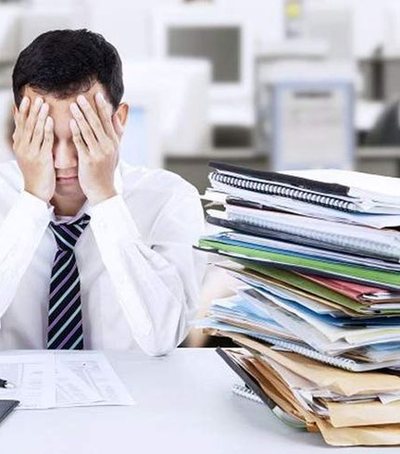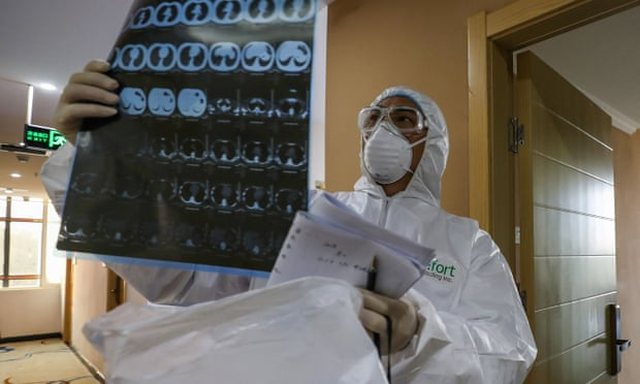
John Wilson explains the range of Covid-19 effects, from no symptoms to severe pneumonia. What became known as Covid-19, or coronavirus, began in late 2019 and early 2020 in the Chinese city of Wuhan as a group of cases of pneumonia with an unknown cause.
The cause of the pneumonia was found to be a new virus - severe acute respiratory coronavirus 2 syndrome, or Sars-CoV-2. The disease caused by the virus is Covid-19.
Now declared a pandemic by the World Health Organization (WHO), most people who contract Covid-19 suffer only mild, flu-like symptoms.
The WHO says about 80% of people with Covid-19 recover without the need for specialized treatment. Only one person in six is seriously ill "and develops difficulty breathing."
So how can Covid-19 develop into a more serious pneumonia-related illness and what does it do to the lungs and the rest of our body?
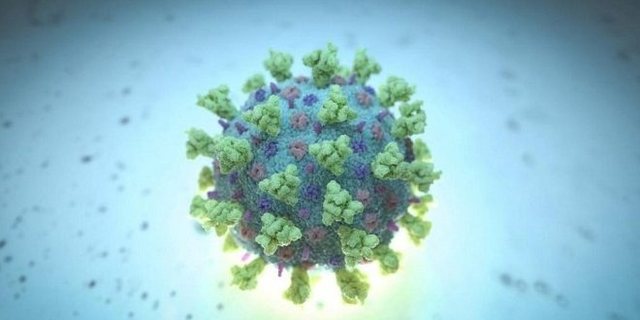
How does the virus affect people?
Guardian Australia spoke with Prof John Wilson, the elected president of the Royal Australian College of Physicians and a respiratory physician.
He says that almost all of the serious consequences of Covid-19 have pneumonia. Wilson says that people who catch Covid-19 can fall into four broad categories.
The least serious are those people who are "subclinical" and have a virus but have no symptoms.
Then there are those who get an infection in the upper respiratory tract, which brings, Wilson says, "means that a person has a fever and cough and perhaps milder symptoms like headaches."
He says: "Those people with minor symptoms are still able to transmit the virus but may not be aware of it."
The largest group of those who may be positive for Covid-19, and the people most likely to appear in hospitals and surgeries, are those who develop the same flu-like symptoms that would usually keep them out of work. .
A fourth group, Wilson says, will develop serious illness that presents with pneumonia.
He says: "In Wuhan, it turned out that of those who had tested positive and sought medical help, about 6% had a serious illness."
The WHO says elderly people and people with underlying problems such as high blood pressure, heart and lung problems or diabetes are more likely to develop serious illnesses.
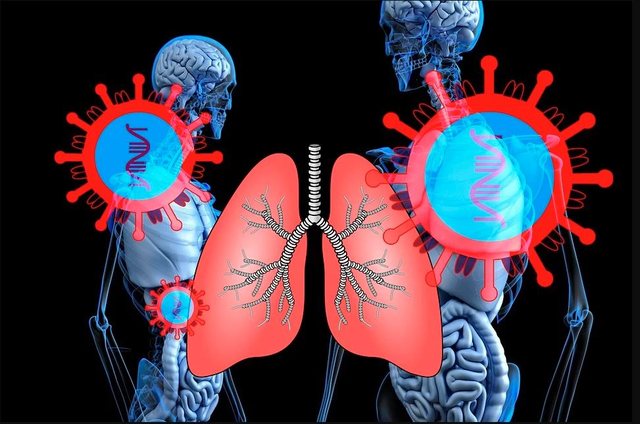
How does pneumonia develop?
When people with Covid-19 develop a cough and fever, Wilson says it's the result of infection reaching the respiratory tree - air passages that direct the air between the lungs and the outside.
He says: "The respiratory tract's ear hurts, causing inflammation. This in turn irritates the nerves in the airway lining. Only a little dust can stimulate a cough. But if that gets worse, it only crosses the airline lining and goes to the gas exchange units, which are at the bottom of the air passages.
"If they become infected, they respond by pouring inflammatory material into the air bags that are at the bottom of our lungs."
If the air bags then become irritated, Wilson says it causes a "spillage of inflammatory material [fluid and inflammatory cells] into the lungs and we end up with pneumonia."
He says the lungs that are filled with inflammatory material are unable to get enough oxygen into the bloodstream, reducing the body's ability to receive oxygen and get rid of carbon dioxide.
"This is the common cause of death with severe pneumonia," he says.
How can pneumonia be treated?
Prof Christine Jenkins, chair of the Lung Australia Foundation and a leading respiratory physician, told Guardian Australia: "Unfortunately, we have nothing so far to stop people from getting Covid-19 pneumonia.
"People are already experimenting with all kinds of drugs and we hope we can find that there are different combinations of viral and antiviral drugs that can be effective. At the moment there is no established treatment other than supportive treatment, which is what we give people in intensive care.
"We ventilate them and maintain high levels of oxygen until their lungs are able to function again in a normal way as they recover."
Wilson says patients with viral pneumonia are also at risk of developing secondary infections, so they would also be treated with anti-viral drugs and antibiotics.
"In some situations it's not enough," he tells Coronavirus. "Pneumonia was not defeated and patients did not survive."
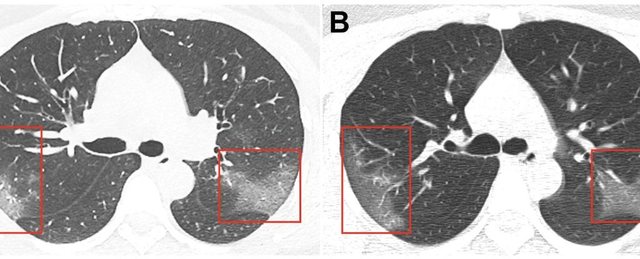
Is Covid-19 Pneumonia Different?
Jenkins says Covid-19 pneumonia is different from the most common cases that people are admitted to hospitals for.
"Most of the types of pneumonia that we know and admit people in the hospital are bacterial and they respond to an antibiotic.
Wilson says there is evidence that pneumonia caused by Covid-19 can be particularly severe. Wilson says cases of coronavirus pneumonia tend to affect the entire lungs, rather than just the small parts.
He says: "Once we have an infection in the lungs, and if it involves air bags, then the body's response is first to try to destroy [the virus] and limit its recurrence."
But Wilson says this "first response mechanism" can be harmed in several groups, including people with previous heart and lung disease, diabetes and the elderly.
Jenkins says that, in general, people aged 65 and over are at risk of pneumonia, as well as people with medical conditions such as diabetes, cancer or a chronic illness affecting the lungs, heart, kidneys or liver, smokers and babies 12 months and under.
â??Age is the main predictor of the risk of death from pneumonia. Pneumonia is always serious for an elderly person and has in fact been one of the leading causes of death in the elderly. We now have very good treatments for pneumonia.
"It's important to remember that no matter how healthy and active you are, your risk of pneumonia increases with age. That's because our immune system naturally weakens with age, making it harder for our bodies to fight infections. and diseases. "
Source: The Guardian

